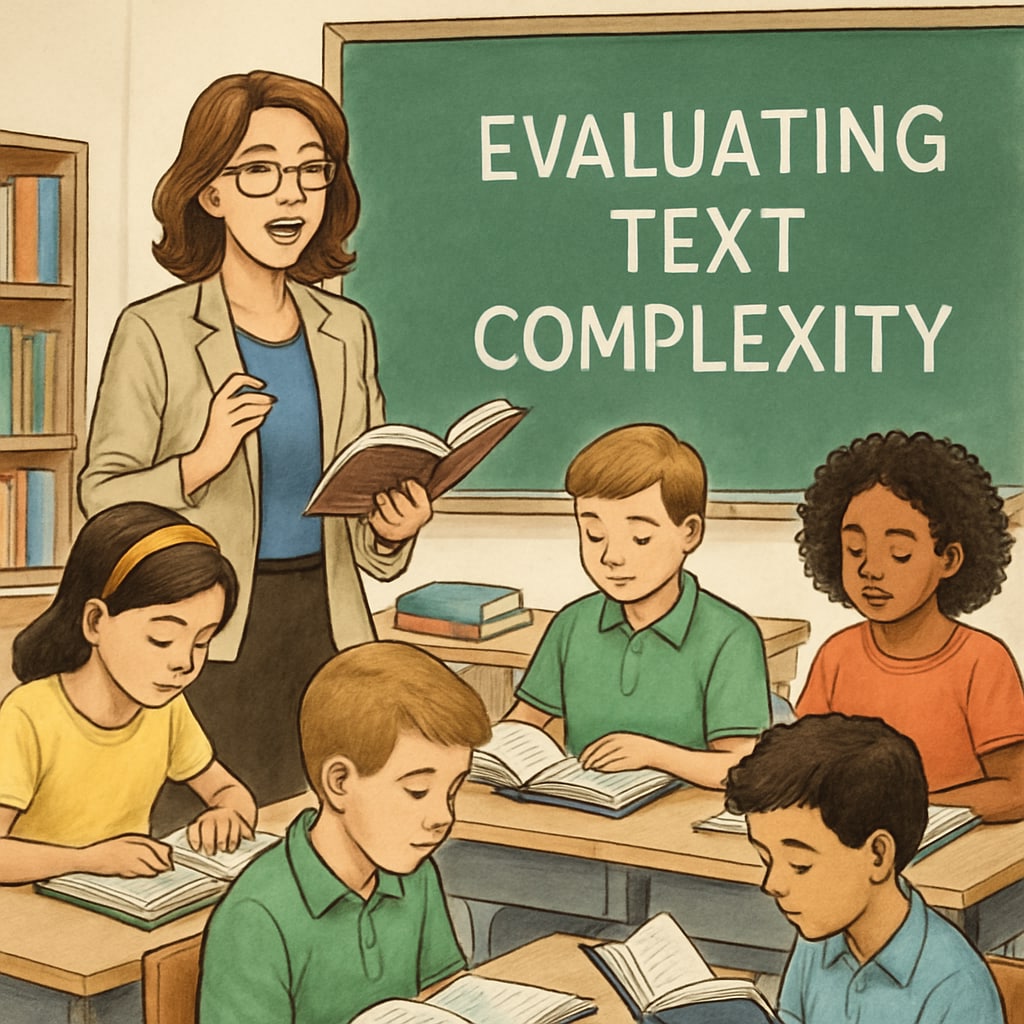Understanding and assessing reading text complexity is a cornerstone of effective education. In a groundbreaking reading comprehension research project, elementary and middle school teachers are being invited to share their expertise and professional judgment to evaluate the complexity levels of reading materials. This initiative aims to support the development of robust reading instruction strategies and provide scientific guidance for selecting future textbooks. The entire process requires only 30 minutes of participation, offering educators an efficient yet impactful way to contribute to academic research.
Why Text Complexity Matters in Education
Text complexity plays a pivotal role in ensuring students engage with materials that challenge their understanding while remaining accessible. According to educational frameworks like the Common Core State Standards, text complexity is determined by three key factors: quantitative measures (such as word frequency and sentence length), qualitative measures (including themes and knowledge demands), and reader-task considerations (student motivation and purpose for reading). By accurately assessing these aspects, educators can better align texts with their students’ needs and abilities.

The Role of Teachers in Evaluating Text Complexity
While algorithms and readability formulas can provide quantitative data on text complexity, they often fall short in capturing qualitative nuances such as tone, context, and thematic depth. This is where teacher expertise becomes invaluable. Educators bring real-world experience and contextual understanding to the table, offering insights that automated systems simply cannot replicate. This research initiative recognizes the immense value of teacher judgment, empowering them to contribute to a more holistic evaluation process.
Participation in the study is straightforward. Teachers are presented with selected texts and asked to assess their complexity based on their professional understanding. Their input will help researchers refine existing methodologies and develop new tools that better capture the dynamic nature of reading comprehension.

Benefits of Participating in the Research
Engaging in this research offers several advantages for educators and the broader educational community:
- Advancing Reading Comprehension Research: Teachers’ contributions will play a crucial role in shaping the future of reading education, helping researchers develop more effective teaching and learning strategies.
- Supporting Textbook Selection: By providing scientific insights into text complexity, the study will guide the creation and selection of school textbooks that better meet diverse student needs.
- Professional Development: Participating in research allows teachers to deepen their understanding of text complexity and its implications for instruction.
As a result, this initiative not only benefits students but also enhances the professional growth of educators, fostering a collaborative environment between teachers and researchers.
How to Get Involved
Teachers interested in contributing to this innovative study can easily sign up to participate. The process is designed to be efficient, requiring only 30 minutes to complete the evaluation tasks. This short time commitment ensures that educators can make meaningful contributions without disrupting their busy schedules.
For more information about text complexity and its impact on education, visit authoritative resources such as Reading Comprehension on Wikipedia and Education on Britannica.
By joining this research project, teachers can help shape the future of reading education, creating a more informed approach to curriculum development and instructional practices.


